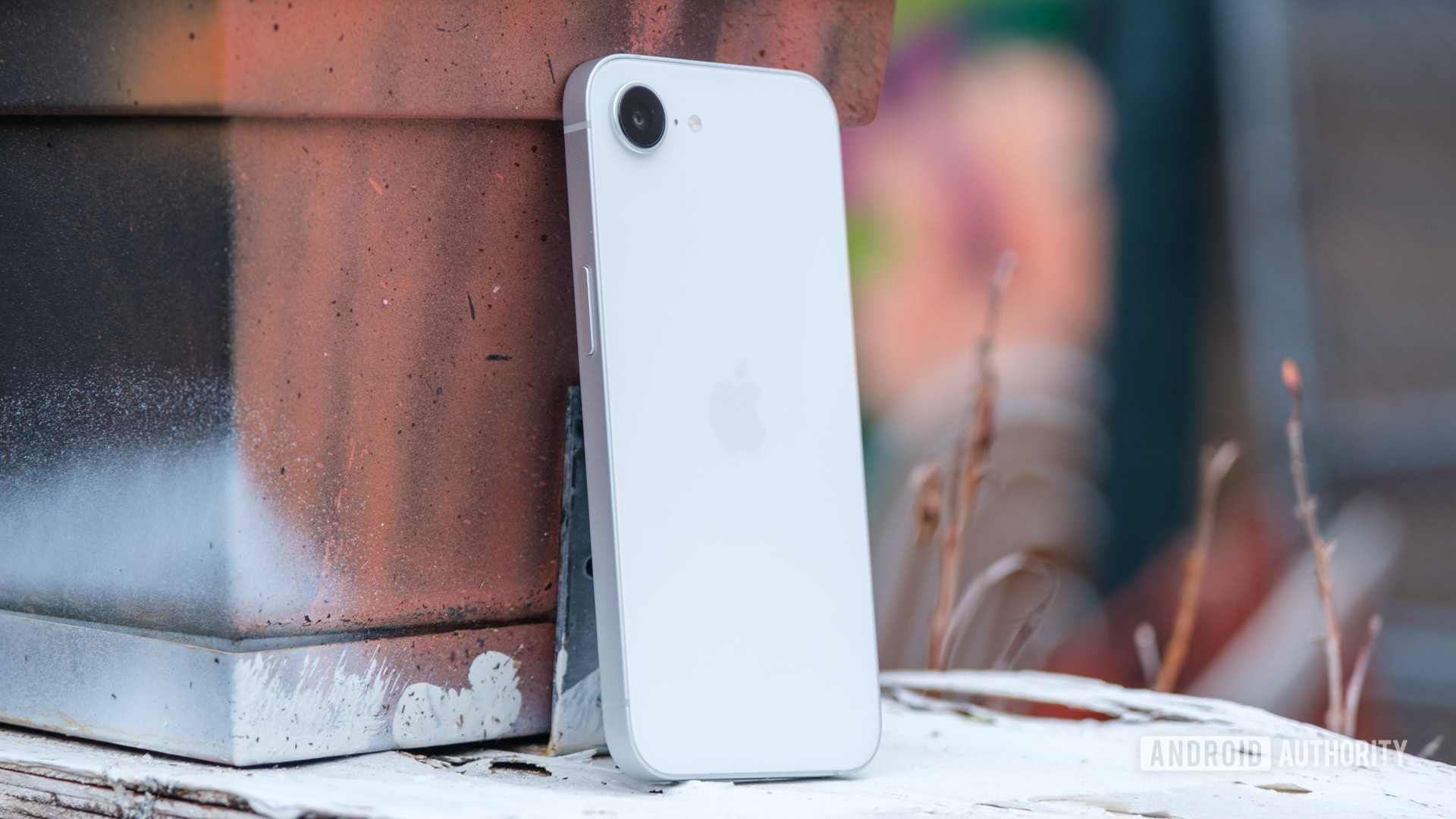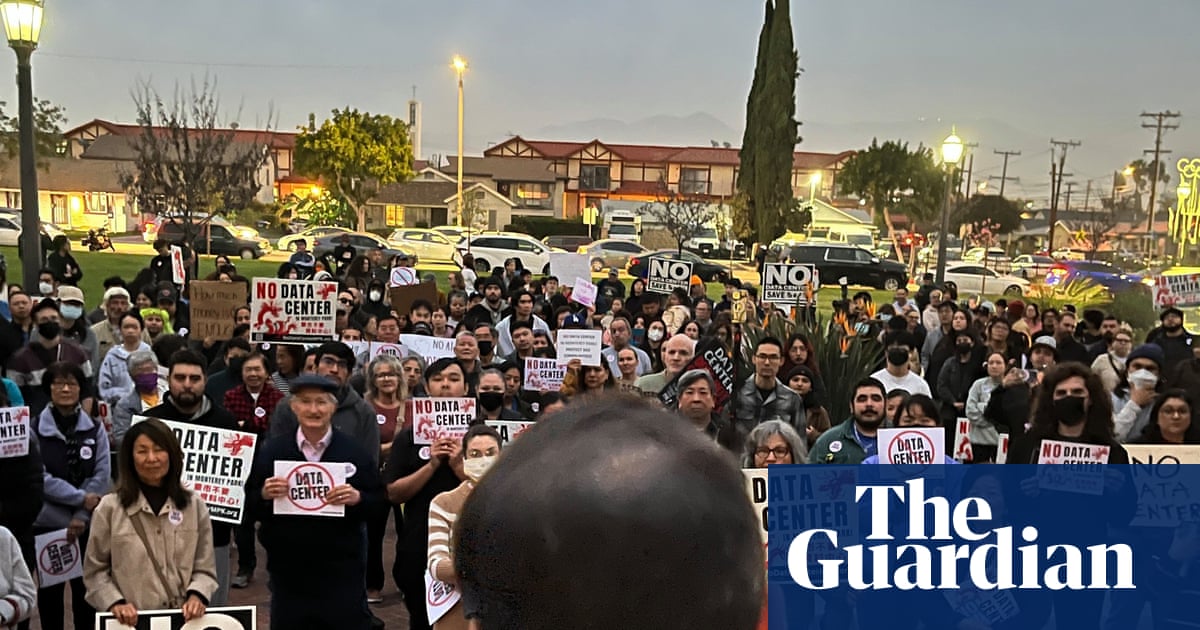Editor’s note: This series profiles six of the Seattle region’s “Uncommon Thinkers”: inventors, scientists, technologists and entrepreneurs transforming industries and driving positive change in the world. They will be recognized Dec. 11 at the GeekWire Gala. Uncommon Thinkers is presented in partnership with Greater Seattle Partners.
When a Tin Can rings at Chet Kittleson‘s house, the co-founder and CEO of the startup that makes the WiFi-enabled landline phone goes through a range of emotions.
As a parent, he’s excited that his kids are connected and that his device gives them agency, with the ring representing the idea that some friend, or their grandma, has decided to call them. And he’s satisfied that he doesn’t have to do anything to enable the connection — the phone rings, two kids discuss a playdate. It’s super convenient.

“And as a founder every ring is a reminder that I think we have product-market fit,” Kittleson added.
It’s been a whirlwind year for Kittleson and co-founders Graeme Davies and Max Blumen. All veterans of onetime Seattle real estate startup Far Homes, they released the colorful Tin Can phones in an analog bid to help kids connect with one another and avoid getting addicted to a world of screens, texting and apps.
The startup raised $3.5 million in September and blew through its first two batches of products. There are Tin Cans in all 50 states and across Canada.
“I think, effectively, we’ve gone viral,” Kittleson said. “I’m so grateful that this is the hit, that it worked. They always say, ‘You’ve got to be willing to run into a burning building for the thing that you’re working on.’ And, man, would I run into a burning building for this.”
Ben Gilbert, co-founder of Tin Can-backer Pioneer Square Labs, worked with Kittleson back in 2013 on a ride-sharing startup idea called Red Ride. He called Kittleson one of a kind.
“Honestly, when he pitched me on the idea of a landline in 2025, I had to hold my tongue at first,” Gilbert said via email. “But clearly, he figured out something that a LOT of parents were extremely ready for and excited about.”
Gilbert said Tin Can is a passion project that Kittleson would be doing whether there was a business there or not.
“We’re all better off in a world where Chet and the team are building Tin Can for our kids!” he said.
‘There’s a reason I built this company’

Kittleson grew up on the tail end of the landline generation. He got his first Nokia “brick” cellphone when he was 17 or 18. Before that, his house was fully landline.
“It was everything,” he said. “My dad left when I was four. It’s the only way that I talked to my dad.”
In the small town of La Conner, Wash., north of Seattle, he would call around to friends until someone answered. If he left the house, he’d call his mom from a friend’s to say he made it there. By middle school he can remember calling a specific girl, asking her dad if she was home, and then getting lost in a 30-minute conversation.
“We ended up chatting almost like pen pals. I feel like we never acknowledged it in school,” Kittleson said. “That was exciting. I experienced the entire range of landline kid life.”
A father of three now, Kittleson didn’t just wake up one morning and decide to pull the plug and go full Luddite on a household that was already accustomed to devices and distraction.
He and his wife have long been rooted in the belief that there are better ways to grow up and more meaningful ways to spend time together as a family than heads-down on a screen.
“There’s a reason I built this company,” Kittleson said. “I embrace it. It’s so aligned with who I want to be. This has given me a real opportunity to think about every element of my life and how I use technology, and I think a lot about how I connect with people.”
His kids, the oldest of which is 10, have never owned their own device of any kind. The family does not do screens at restaurants. A plane ride is a chance to play cribbage. A movie during a long car ride is a luxury.
“It’s very important for my kids to learn how to be bored, and that shows up in lots of different places,” Kittleson said.
A mission to believe in

Tin Can was born during a time of increasing cultural backlash toward the behavioral and health effects of screen time and social media on children. Much has been said on the topic of being modern-day parents and kids, and Kittleson references Jonathan Haidt’s best-selling book “The Anxious Generation” and free-range kids advocate Lenore Skenazy.
It can seem like a heavy responsibility to try to build a piece of hardware that will suddenly right that societal ship, but Kittleson doesn’t see it that way.
“All these people — researchers, writers, etc., have done an amazing job paving the way for a Tin Can to exist,” Kittleson said. “Our point of view is life is still really good. You just have to make choices, and we’re trying to provide a new choice that might remind you of an old choice.”
And Kittleson and Tin Can are by no means anti-tech. He said he still geeks out on a lot of different types of technology. His excitement comes from trying to figure out how to use tech to reinforce human connection, rather than tech being such an insular thing.
Kittleson expects Tin Can to expand beyond its flagship landline product in the future and broaden its scope outside of “retro-nostalgia vibes.”
“I think there will probably be a combination of us building new things that we think can help, and maybe there are other things that we’ve lost that we can sort of revitalize,” he said.
Kittleson said he’s never experienced a more mission-driven team and company than what he’s helped assemble, and PSL Managing Director Vivek Ladsariya, who sits on Tin Can’s board, said that mindset starts at the top.
Investors might ask during fundraising how artificial intelligence is going to be baked into Tin Can, and Ladsariya said Kittleson would tell them there’s going to be no AI, that that’s not the point of the company.
“He’s doing Tin Can because he cares about the mission more than anything else,” Ladsariya said. “The level of conviction he brings — it’s contagious. People he hires, customers, investors are just drawn to him, because he’s so mission-driven. To me, that is really, truly special.”










